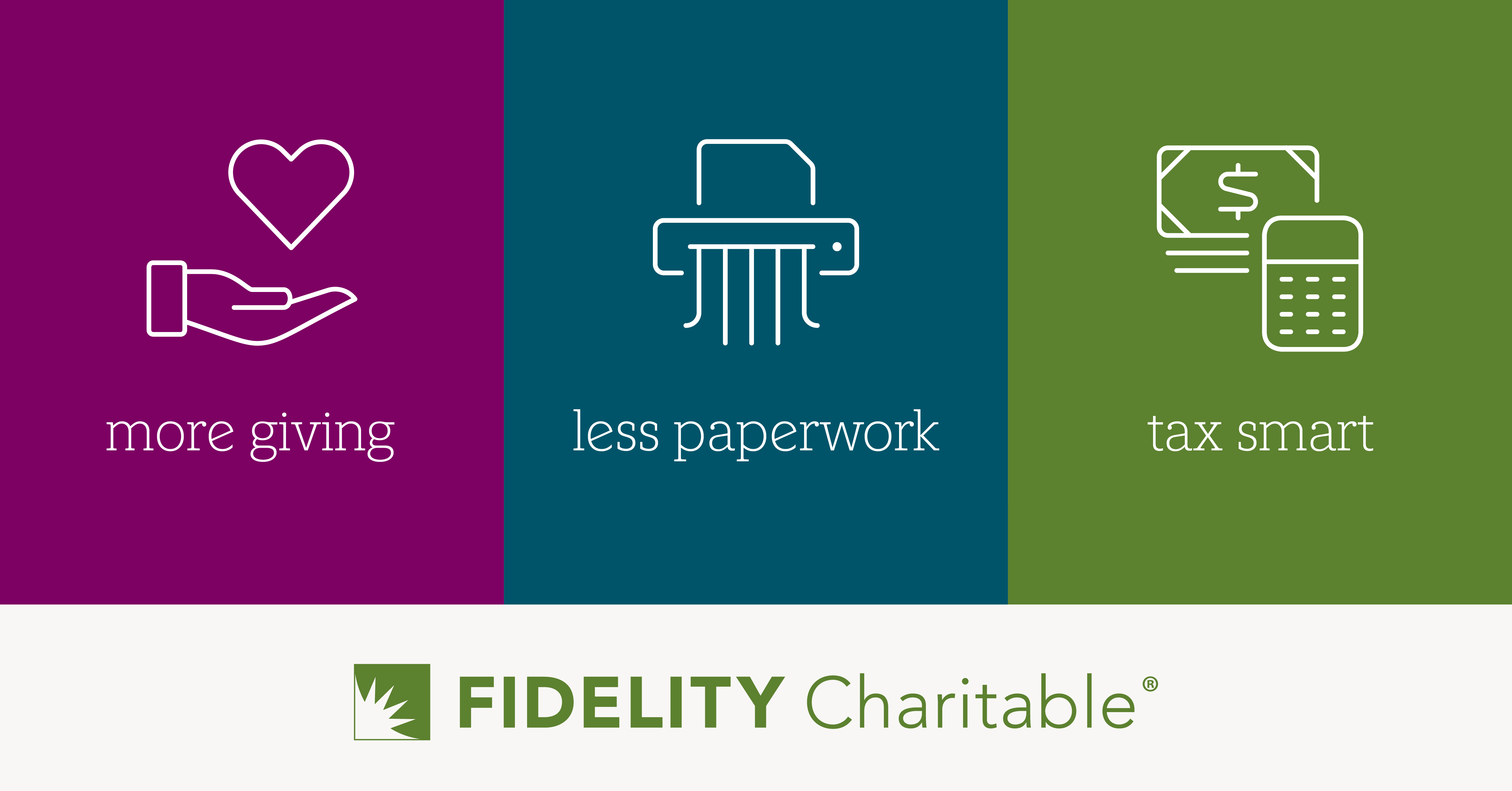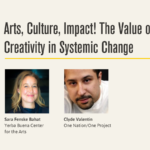From SOCAP22: Greenwashers Beware: Using ESG for Good, Not Evil
As ESG and impact strategies gain traction among investors and regulators, their use in practice can be subjective and complex. And while many Americans don’t know the words (environmental, social, governance) behind ESG, they support it in concept even as it continues to stir political debate.
This increase in demand from investors plus heightened attention from the SEC and other stakeholders are creating an opportunity and a call to action for the industry. During the “Greenwashers Beware: Using ESG for Good, Not Evil” session at SOCAP22, a panel of asset managers, sustainability experts, and advisors discussed the ways that ESG and impact are used in practice, how to keep that commitment rigorous while still pushing boundaries, and their future visions for the field.
Moderator Rehana Nathoo, Founder and CEO of Spectrum Impact, noted that all of the speakers had been both students and practitioners in the investing sector. Tapping that experience, she said, they could share what happens when ESG is used well and the potential dangers when it is used poorly. The need to clarify an ESG investing approach and tactics is vital, she said. “A shared understanding of what we’re talking about needs to be a part of every conversation,” Nathoo said. “Looking at ESG as a part of your investment discipline is successful for everybody.”
At Impact Engine, Vice President Ander Iruretagoyena helps lead investing in impactful companies and funds. “We recognize the difference between ESG and impact. For us, ESG is about risk management and impact is about creating outcomes,” he said. “We’re trying to use ESG as a due diligence tool. … We use that to have conversations with the company on the way in to understand where they are in the ESG journey.”
As companies grow, Impact Engine works to introduce more complexity in ESG reporting and impact KPI tracking. “We try to do it in a way that is not just a burden but really setting them up for success,” Iruretagoyena said.
Yusuf George, Managing Director at Engine No. 1, agreed that it can be challenging to define ESG. Engine No. 1 uses ESG as criteria in its purpose-driven investing for long-term value, he said, embedding the data in its models. “When we value a company, (we consider) are they creating positive benefits for their stakeholders groups?” Yusuf said. “We think a lot about sustainable businesses rather than ESG.”
By sustainable business, he said he’s referring to companies that are structuring their operations and enhancing their impact on people and the planet while building long-term resilience. “As an active owner, we believe that our job is to help to accelerate companies’ investment and values into their stakeholder groups through this transition,” he said. “We always start with the G. … If they don’t shift their strategy, will they still exist?”
Jessica Matthews, Global Head of Sustainable Investing at JP Morgan Private Bank, said they use specific terms to describe the bank’s sustainable banking approaches, which include ESG investing. “We view ESG integration — the holistic, looking across an entire portfolio — as a bit different than ESG strategy, (which is) a strategy that a distinct sustainability objective within an ESG fund.”
Sustainable banking involves the same due diligence process used for any fund that the bank is considering, Matthews said. The four-P process dives into people, philosophy, process, and performance — essentially questioning the who, why, what, and how. “We are trying to avoid greenwashing,” she said. “We expect them to have a sustainability objective that they can demonstrate to us.”
Watch Greenwashers Beware: Using ESG for Good, Not Evil
Speakers:
Yusuf George, Managing Director, Engine No. 1
Ander Iruretagoyena, Vice President, Impact Engine
Jessica Matthews, Global Head of Sustainable Investing, JP Morgan Private Bank
Rehana Nathoo, Founder & CEO, Spectrum Impact







